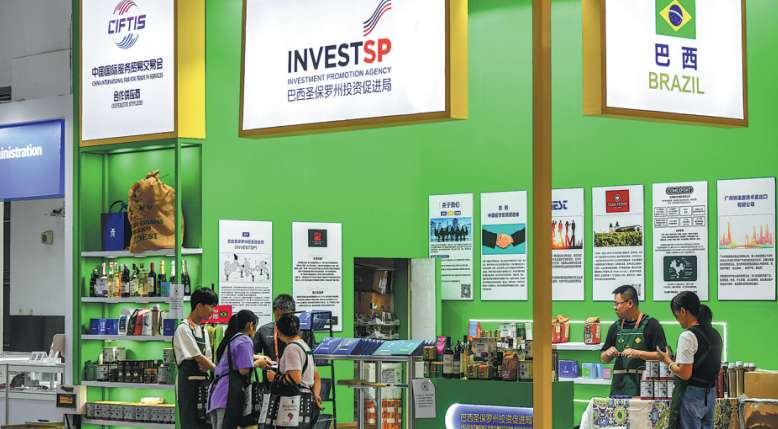Experts highlight crucial role of forum


In its 35th year of existence, the Asia-Pacific Economic Cooperation continues to remain relevant despite the emergence of other regional forums and is projected to maintain its growth in the face of global uncertainties and challenges, experts said.
In 1989, then Australian prime minister Bob Hawke first floated the idea of a regional trade alliance, but the regional picture has altered dramatically since, leading some commentators to question the APEC's relevance.
Their argument is that the forum lacks cohesion and has drifted from its original mandate of fostering trade and investment.
However, the APEC has grown from 12 economies to 21, is home to 2.9 billion people, and represents over 60 percent of global GDP today, showcasing its resilience and adaptability.
Tim Harcourt, industry professor and chief economist at the University of Technology Sydney's Institute for Public Policy and Governance, insisted the APEC continues to be relevant.
"The fact (that) APEC is run by consensus rather than being rules-based is a good thing," Harcourt said, pointing out its difference from the Comprehensive and Progressive Agreement for Trans-Pacific Partnership.
He added that the APEC includes South American economies such as Peru and Chile as members, which makes it especially important to countries like Australia.
Hans Hendrischke, professor of Chinese business and management at the University of Sydney Business School, said, "APEC's role in facilitating dialogue among political and economic leaders is more crucial than ever at this time of growing protectionism and economic decoupling."
"For the 21 APEC members this will be the first opportunity to warn the incoming new US president of the dangers of protectionism and decoupling and present a joint commitment to free trade," Hendrischke told China Daily.
The motto of APEC 2024 — "Empower, Include, Grow" — enables members such as China to showcase their achievements in trade liberalization, digitalization and sustainability, he said.
Hendrischke added that China's concept of an Asia-Pacific community with a shared future is being realized through its leadership in sustainability and energy transformation, and proves its benefits for member economies.
According to APEC Regional Trends Analysis report in August, the region's GDP is expected to grow 3.5 percent in 2024, on a par with the growth rate in 2023.
Growth for 2025, however, is expected to ease slightly to 3.1 percent.
"While growth rates may vary across the region, the collective commitment to controlling inflation and adopting prudent monetary policies has been pivotal," said Carlos Kuriyama, director of the APEC Policy Support Unit.
"It is crucial that we remain vigilant and flexible, ensuring that our economies can weather future challenges and continue on a path of sustainable development," he said in a statement published with the report.
The report said the region is currently grappling with increased trade tensions, leading to a notable rise in trade restrictions and remedies, such as anti-dumping and countervailing duties.
Persistent supply chain disruptions have also increased the cost and time of transporting goods across borders, putting additional pressure on prices.
The report said that strategic economic policies and international cooperation are expected to play a crucial role in navigating these issues.
"The steady growth we are witnessing across the APEC region, despite global uncertainties, is a testament to the resilience and adaptability of our economies," Kuriyama said.
"As we continue to navigate complex challenges, APEC's commitment to sound economic policies and regional cooperation will be critical in sustaining this momentum and fostering long-term prosperity."
karlwilson@chinadailyapac.com

































